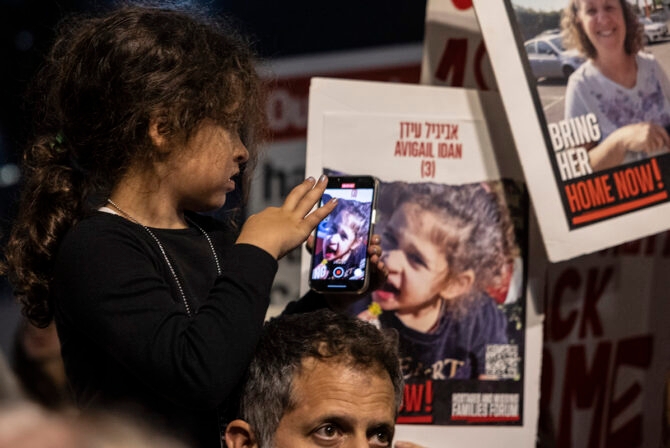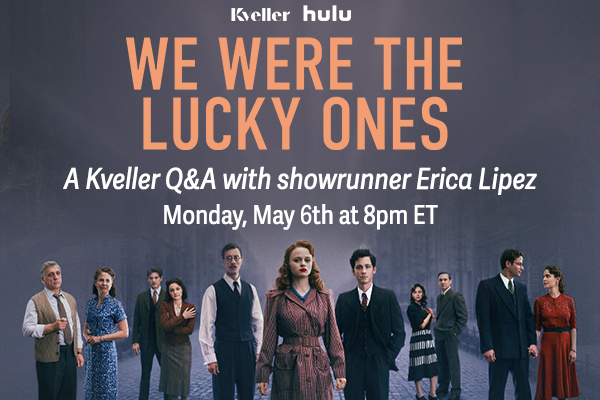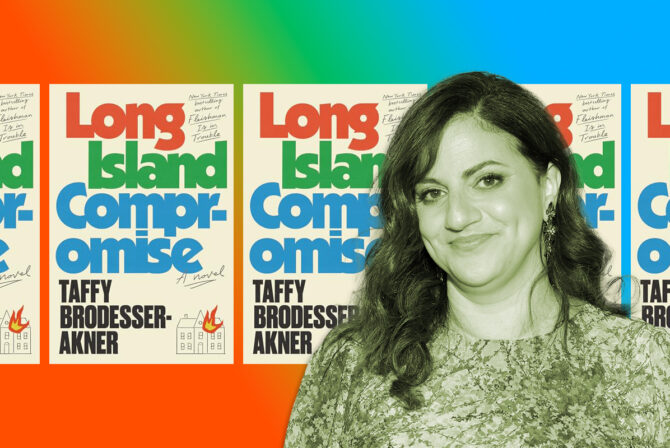I think that we women support each other in so many ways by sharing our experiences, yet we have done a disservice by not talking honestly about fertility treatments.
I know that I’m not a worst-case scenario. I already have a child. The extent of my problem is that I’m over 40 and I don’t have a lot of time. My tubes are clear, my egg reserve looks good, I ovulate regularly, and my hormone levels are peachy. Plus, my husband’s sperm count is equivalent to 10 non-vegan men (my doctor described his semen as “dynamite”, leaving me to deal with my husband’s hugely inflated ego for days). And yet, we have been trying to get pregnant for almost a year and a half to no avail (five chemical pregnancies and one miscarriage).
I recently went on Clomid. As for “Cara on Clomid,” for one week every month my husband wonders where his sweet wife went. I am retaining so much water on the Clomid that I cannot wear my wedding ring and on a recent trip to visit family, I was asked more than once if there was anything I wanted to share (NO! I am not pregnant! I am just bloated, thanks for asking!)
But still, I ask, where are the personal accounts of people’s experiences on Clomid? And what about the injectable drugs that I may have to start next month? I want to know real stories about the side effects: good, bad, or funny.
No one told me that it’s recommended you only pursue one method for three months max. No one mentioned that my uterine lining could be compromised from the treatments. No one told me the IUI (intrauterine insemination) might leave me in bed writhing with horrible cramps. No one warned me that when you start the injectable drug therapy you have to go to the doctor’s office every two or three days for blood tests, the dildo cam, or something else.
And I STILL have no idea from personal accounts how harsh the side effects may be. Or how painful the self-administered shot may be. Or if my mood swings will be worse then the Clomid-induced ones.
The most honest, down-to-earth statement I saw about all this was on a snarky e-card: “I’m sorry for all the shit I said while I was on Clomid.” I want to wall paper my home with it.
And then there’s the taboo topic of selective reduction. I am about to go through a cycle of injecting myself with fertility drugs, getting poked and prodded, and making my family suffer through the side effects. And after spending thousands of dollars on sonograms, blood tests, doctor visits, and medication, not to mention the emotional and physical toll, there is a chance, albeit slight, that I could have more than two or three mature follicles. What if I have five or even eight? I sure as hell don’t want to be an octo-mom. So before any of this happens I have to think what I would do in this scenario. Option 1: not to proceed with fertilization to avoid a multiple birth. Option 2: take our chances with an IUI and hope only one or two get fertilized, taking the risk that if more than two or three get fertilized, selective reduction comes into play.
How do I even begin to ponder this situation?
Selective reduction. Quite the euphemism. Sacrifice some so that others may live. What have other women done? What were the results? What do bioethicists recommend? What would Maimonides do? To make matters worse, I live in Texas. Before going through a selective reduction, I would have to travel to Houston to a doctor who would perform it, and I would have to spend the night. The law forces women to wait 24 hours. It also forces them to listen to the fetus and the doctor’s description of it. (This woman’s account of her ordeal made me sick to my stomach.)
Maybe I’m missing the “it’s private” gene, but I just don’t understand the veil of secrecy on this topic. Fertility is indeed a deeply personal experience, but it’s one I don’t mind sharing. I have always believed that sharing our experiences has only positives outcomes. It liberates not only ourselves but those around us. We don’t need to experience fertility as a foe we take on all alone. When we share our experiences with fertility as a community, we can all gain strength and wisdom from each other.
So, if anyone out there wants to share their wisdom with me, I am all ears.







